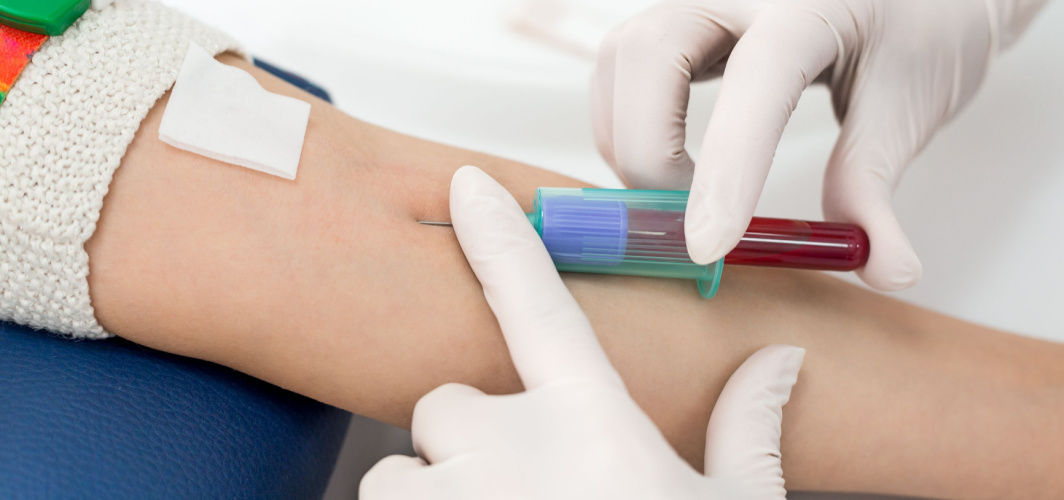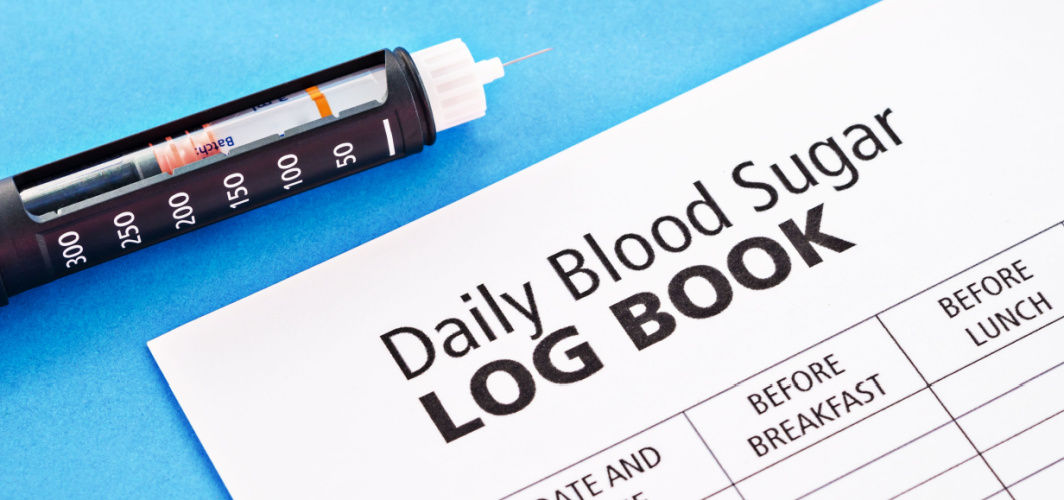Diabetes Management
Overcoming Temptations: Tackling Food Cravings in Diabetes
2 min read
By Apollo 24|7, Published on - 20 April 2024
Share this article
0
0 like
.jpg?tr=q-80)
Living with diabetes often involves battling food cravings, especially for sugar and carbohydrates. These cravings, if not effectively managed, can spike blood sugar levels. Here are some key strategies to adopt to effectively manage these cravings.
Staying Hydrated for Health
One of the simplest yet most effective everyday strategies is to keep yourself hydrated. Drinking water not only helps to maintain your body's hydration levels but also assists in flushing out excess sugar from your system. This can significantly help reduce food cravings, especially for sweet treats.
The Power of Mindful Eating
Cultivating a habit of mindful eating can play an important role in managing cravings. Paying attention to flavours and textures during meals and distinguishing between true hunger and emotional eating can help you make healthier food choices while satisfying your palate.
Protein: Your Ally Against Hunger
Including protein-rich foods such as lean meat, fish, or eggs in your diet helps curb hunger and reduce cravings. Not only does protein provide essential nutrients for overall health, but also keeps you feeling fuller for longer.
Avoiding Blood Sugar Spikes and Drops
Stabilising blood sugar levels is the key to managing diabetes and curbing cravings. Opting for whole foods, complex carbohydrates limiting intake of processed foods, and consuming small, healthy snacks throughout the day can help achieve this balance.
Distractions: A Tool for Cravings Management
When a craving strikes, distracting yourself with activities such as taking a walk, doing a workout or making a call can divert your mind from food until the craving passes. It's a simple yet effective strategy that adds to your overall wellness.
Visualising Long-term Health Impacts
Considering the long-term consequences of indulging in unhealthy foods on your weight, health, and overall well-being can help you resist cravings. This forward-looking perspective can be a powerful motivator for making healthier choices.
Incorporating these strategies into your daily routine can effectively manage and even help overcome food cravings associated with diabetes. Managing diabetes is about making informed and mindful choices that promote a healthier lifestyle.
Alternative Craving Management
The anatomy of a sugar craving usually rests on the body’s need for sugar. To trick your tongue an adequate substitute must also be sweet. A few effective choices are fruit-based. Eat your favourite strawberries apple or pear slices dipped in thanda dahi or sprinkle some cinnamon on apple slices. Sip on ice-cold water with mint and lemon. You can chew on Saunf seeds as well.
Also, remember to take note of your cravings, it could just be your body’s habitual rhythm kicking into action.
If you do have a habitual sweet tooth prepare with a healthy sweet alternative like a date or raisins or dryfruit laddoo and time it a little earlier so you beat the craving before it starts.
Diabetes Management
Consult Top Diabetologists
View AllLeave Comment
Recommended for you

Diabetes Management
Getting A Blood Sugar Test Done? Know How To Read The Report!
Diabetes, affecting 537 million adults globally, poses severe health risks if untreated. Regular blood sugar tests are vital for managing the disease and preventing complications. Tests include random, fasting, postprandial, and glucose tolerance tests. Normal blood glucose levels range from 80 to 110 mg/dL, while levels exceeding 200 mg/dL may indicate diabetes. Reading reports involves understanding fasting and postprandial levels, crucial for diagnosis and effective management.

Diabetes Management
Understanding Prediabetes and Metabolic Syndrome: The Common Ground
Prediabetes and metabolic syndrome are common conditions affecting many Indians today. While they might seem distinct, they often overlap and share many risk factors. Understanding these conditions, their connection, the importance of regular physical activity, a balanced diet, maintaining a healthy weight and how to manage them can go a long way in preventing serious health complications such as diabetes or heart disease.

Diabetes Management
7 Reasons Why Blood Sugar Logging is Important in Diabetes?
Blood sugar logging is crucial for effective diabetes management, providing insights into glycemic control, aiding treatment adjustments, and preventing hypo- and hyperglycemia. It guides lifestyle changes, prevents long-term complications, and enables personalized management, offering a sense of control and peace of mind. Active monitoring empowers individuals to make informed decisions, reduce risks, and lead healthier lives with diabetes.
Subscribe
Sign up for our free Health Library Daily Newsletter
Get doctor-approved health tips, news, and more.
Visual Stories

8 Fruits That are Incredibly Healthy for Diabetes
Tap to continue exploring
Recommended for you

Diabetes Management
Getting A Blood Sugar Test Done? Know How To Read The Report!
Diabetes, affecting 537 million adults globally, poses severe health risks if untreated. Regular blood sugar tests are vital for managing the disease and preventing complications. Tests include random, fasting, postprandial, and glucose tolerance tests. Normal blood glucose levels range from 80 to 110 mg/dL, while levels exceeding 200 mg/dL may indicate diabetes. Reading reports involves understanding fasting and postprandial levels, crucial for diagnosis and effective management.

Diabetes Management
Understanding Prediabetes and Metabolic Syndrome: The Common Ground
Prediabetes and metabolic syndrome are common conditions affecting many Indians today. While they might seem distinct, they often overlap and share many risk factors. Understanding these conditions, their connection, the importance of regular physical activity, a balanced diet, maintaining a healthy weight and how to manage them can go a long way in preventing serious health complications such as diabetes or heart disease.

Diabetes Management
7 Reasons Why Blood Sugar Logging is Important in Diabetes?
Blood sugar logging is crucial for effective diabetes management, providing insights into glycemic control, aiding treatment adjustments, and preventing hypo- and hyperglycemia. It guides lifestyle changes, prevents long-term complications, and enables personalized management, offering a sense of control and peace of mind. Active monitoring empowers individuals to make informed decisions, reduce risks, and lead healthier lives with diabetes.
